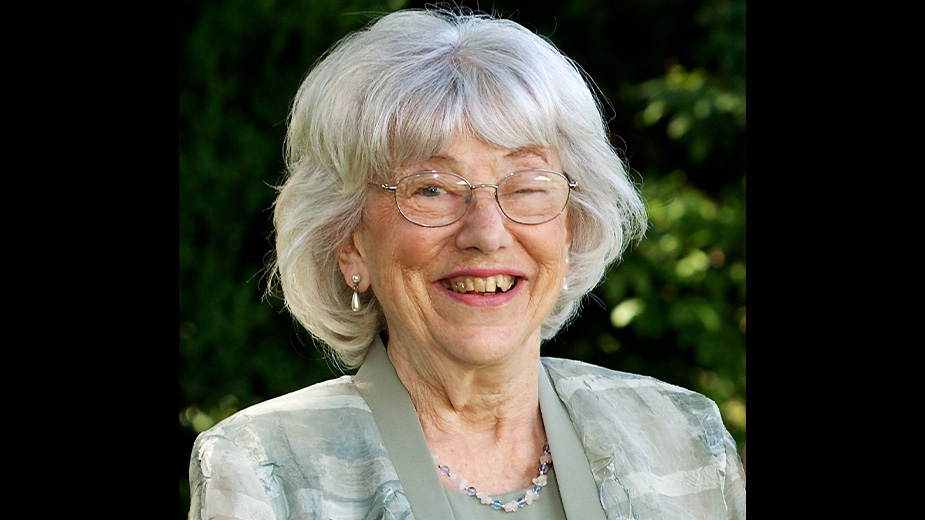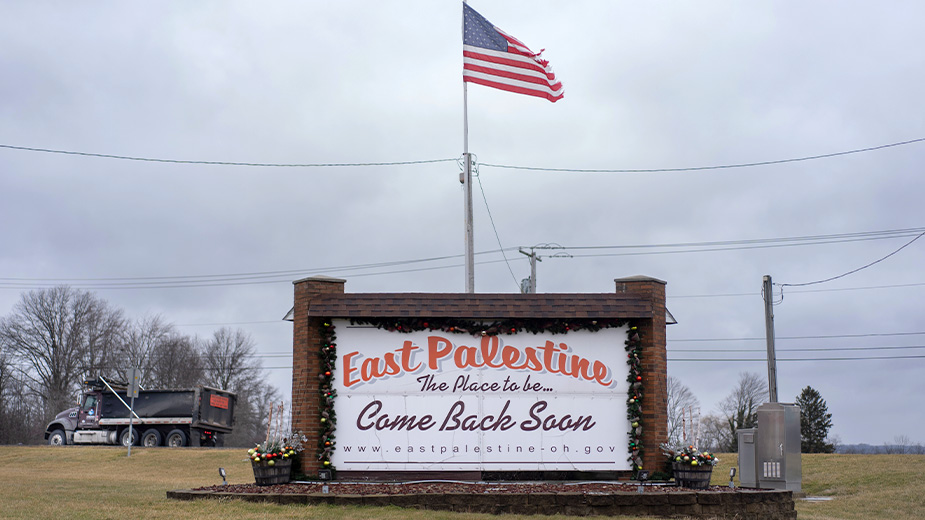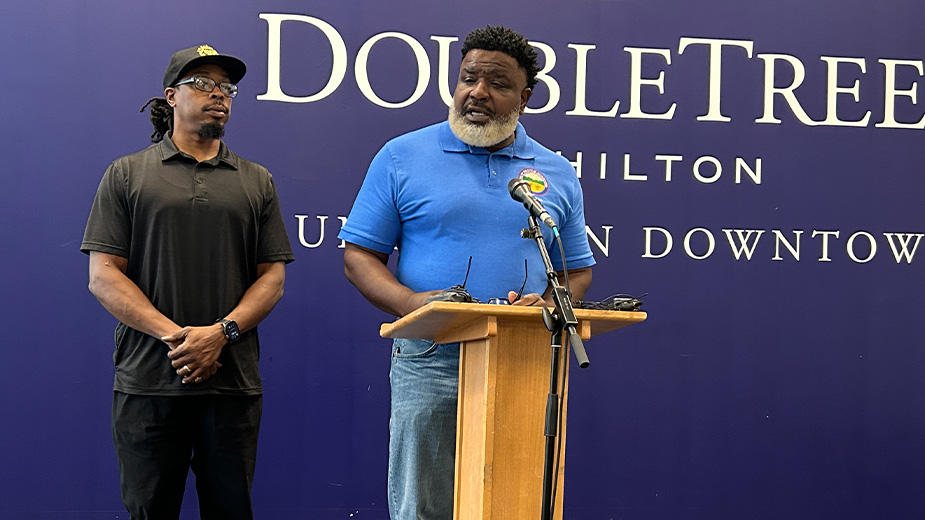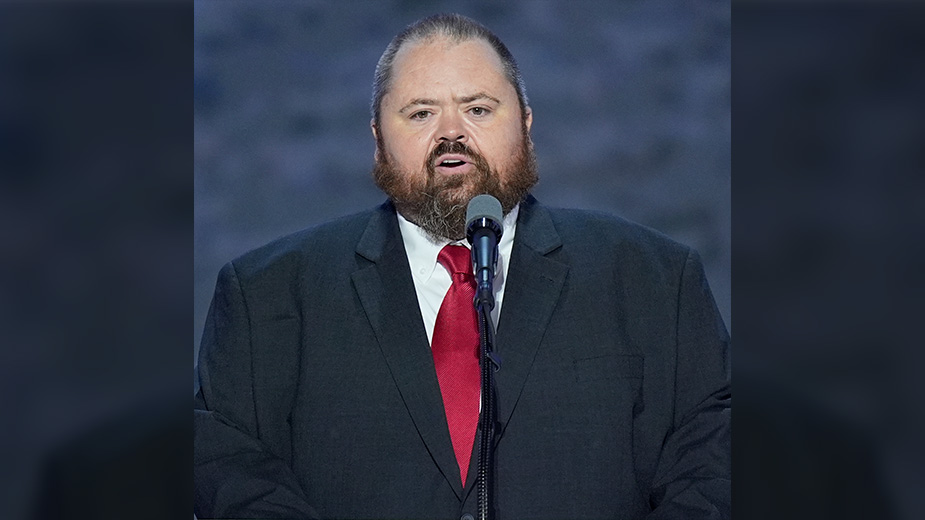New Fund to Create Paid Internship at Trumbull Historical Society
WARREN, Ohio – The Community Foundation of the Mahoning Valley has launched a new fund that will help the Trumbull County Historical Society create a paid internship position.
The Martha Ellers Endowment Fund was created in honor of lifelong Warren resident Martha Ellers who loved understanding, researching, celebrating and preserving history.
Ellers, who wrote her college thesis on American historian Francis Parkman, was a steady reader of historical and biographical books and toured historic sites, from presidential museums to Civil War battlefields.
Ellers’ love of history shaped her volunteer activities. She served as a long-time board member of the Trumbull County Historical Society and was involved with the Sutliff Museum and The Upton Association in Warren. As a leader in the regional chapter of the American Association of University Women, her prompts for student essay contests often centered on history.
“She helped bring it all to life,” said her daughter, Elizabeth Ellers. “History to my mother was not something dead and on paper.”
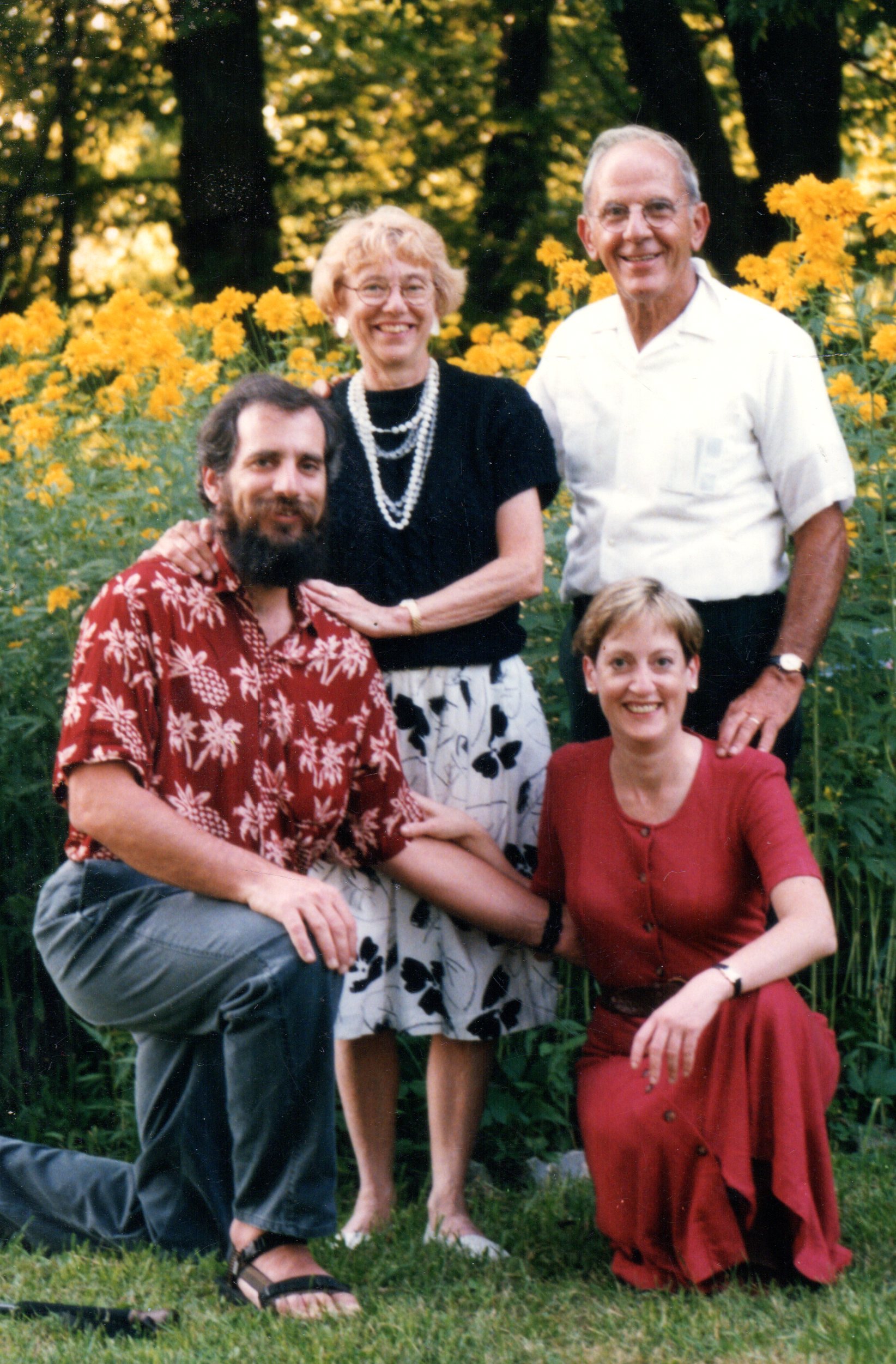
Her son, Andy Ellers, said he has “fond memories” of his family participating in the Walk on Millionaire’s Row in Warren.
“She wanted people to remember the significance of Warren and Trumbull County, he said.”
Before her death in May 2022 at age 92, Ellers designated several organizations for bequests, but her children also wanted to honor her with a meaningful, long-term gift to the community. That led to the creation of the Martha Ellers Endowment Fund at the Community Foundation of the Mahoning Valley.
The fund will support the creation of a paid internship position at the Trumbull County Historical Society, which director Meghan Reed said will not only help work through the organization’s lengthy to-do list, but also help turn it into the kind of group Ellers knew it could be.
“Martha was on the board and was part of a group that really saw the potential of the historical society,” Reed said. “What I loved so much about her was she was able to capture a vision and see it through. She had a vision that, as a nonprofit, we should be here for everyone. We’re not only here for the board or members – we’re here to be relevant and useful and provide meaningful support to the whole community.”
The details about the internship program are still being worked out, but Reed expects it to start taking applications this spring and welcome its first participant to the historical society by summer. The work that interns will be doing will focus on two areas that were extremely important to Ellers: education and the society’s collection.
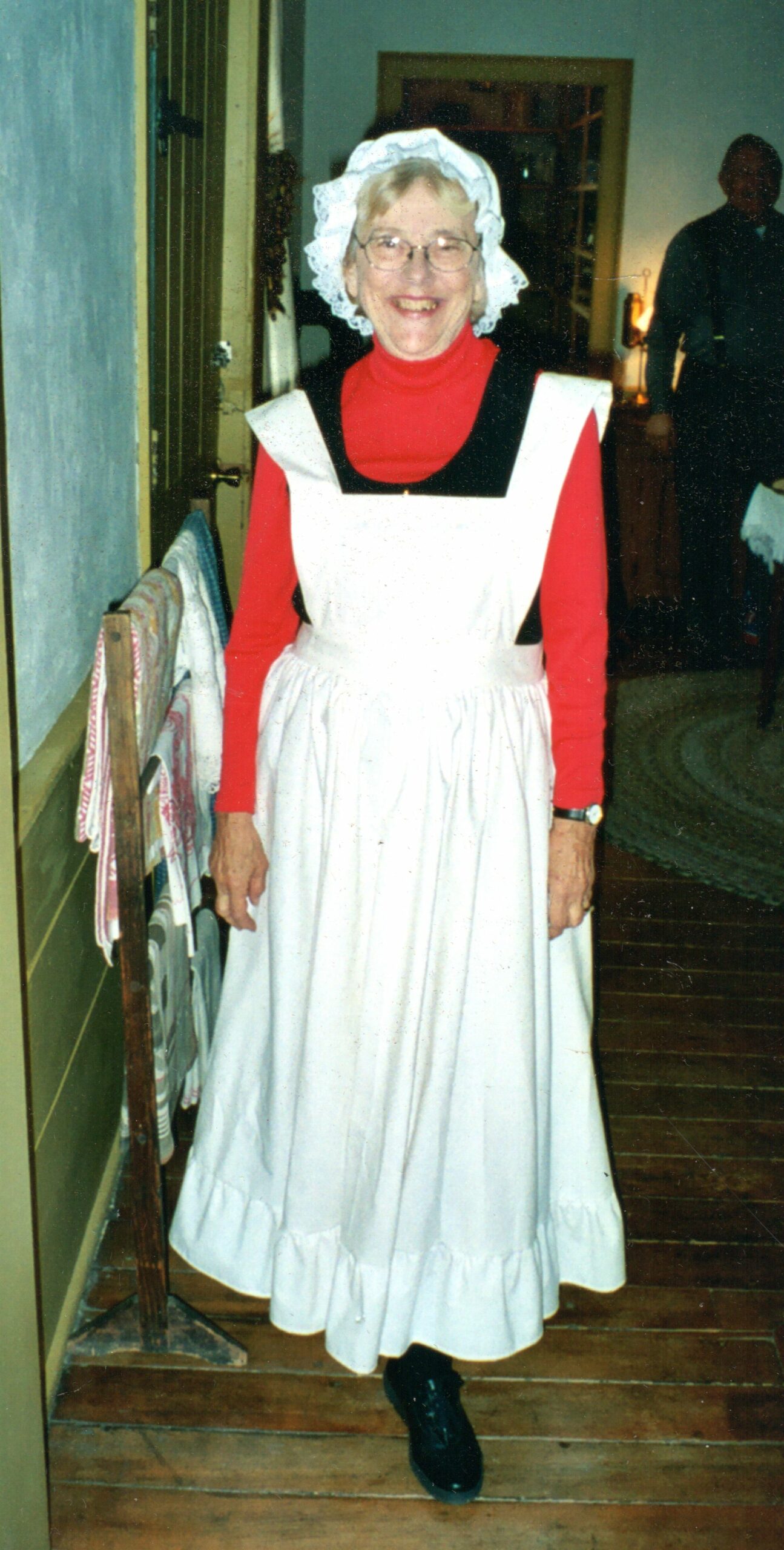
“She cared very much about developing children’s education, so we’re hoping that there may be some support for creating online content or implementing some kind of programming in schools or adding field trips,” Reed said.
As a repository for the everyday things that tell the story of an area, historical societies receive troves of documents, pictures and items that are important – but their value is realized only if they can be identified and cataloged, Andy Ellers said.
“That value is maximized by cataloging, quantifying and storing the artifacts in ways that allow people to reference the material,” he said. “There’s a challenge between receiving those things and making them meaningful. Our mom knew that there’s a huge backlog of this work to be done.”
Beyond just helping the historical society develop a more robust and functional collection, the creation of the internship as a paid position also benefits college students in a way that Ellers would be proud of, her children and Reed said.
Though paid internships in museums or the broader field of history are becoming more common, it’s still not the industry standard, Reed said.
“It’s unfortunate that young people are expected to do free internships to get experience when that’s not possible for so many,” Elizabeth Ellers said. “This program will give someone studying in this field a chance at an experience that otherwise they might not be able to get.”
By paying interns for their work, the historical society will be “putting our money where our mouth is” in working toward a more equitable and accessible history field, Reed said.
“Doing this equalizes opportunity and brings a necessary level of career development for those looking at this as a long-term career path,” she said. “This fund gives us the opportunity to see that vision through.”
With the creation of the Martha Ellers Endowment Fund, her children hope to further both the legacy of supporting local history and the people closely connected to it.
“She’d be thrilled to walk with Reed through the society’s museum galleries to see what can now be displayed because of the work an intern had done,” Andy Ellers said.
Published by The Business Journal, Youngstown, Ohio.
